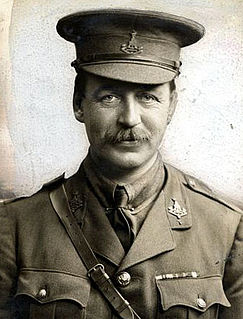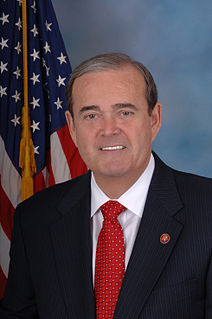A Quote by Raphael Lemkin
I became interested in genocide, because it happened so many times. It happened to the Armenians and after the Armenians, Hitler took action.
Related Quotes
The Armenian Genocide is such a controversial and very sensitive issue because the Turkish and Armenian people disagree about the facts of what actually happened. I know how strongly Armenians feel about the Genocide, and how it's never been recognised. At the same time, I do not hold today's generation of people accountable.
The Armenians will willingly harbor
revolutionaries, arrange for their entertainment and the furthering of their ends. The pride of race brings about many singularities and prompts the Armenians to prey on missionaries, Jesuits, consuls and European traveler with rapacity and ingratitude. The poor Armenians will demand assistance in a loud tone, yet will seldom give thanks for a donation. Abuse of Consular officers and missionaries is only a part of the stock-in-trade of the extra-Armenian press.
Armenians, as a people that have survived the Genocide, have a moral duty towards mankind and history in the prevention of genocides. We have done and will continue to do our best to support the persistent implementation of the Genocide Convention. Genocide cannot concern only one people, because it is a crime against humanity.
When Turkey began approaching the EU, I wasn't the only one who worried that the dark stain in Turkey's history - or rather the history of the Ottoman Empire - could become a problem one day. In other words, what happened to the Armenians in World War I. That's why I couldn't leave the issue untouched.
If you compare the United States with Europe, my view is that what happened in Europe is that the church became deeply distrusted by people, because it sided with the monarchs. It instituted the Inquisition and became part of the repressive state apparatus. That never happened here. We don't have that history.

































